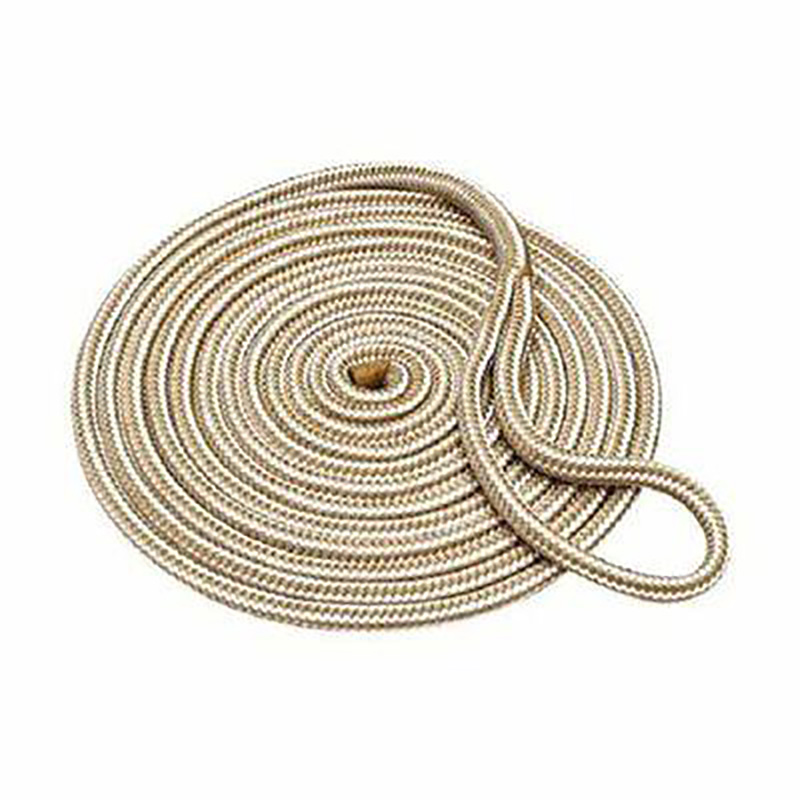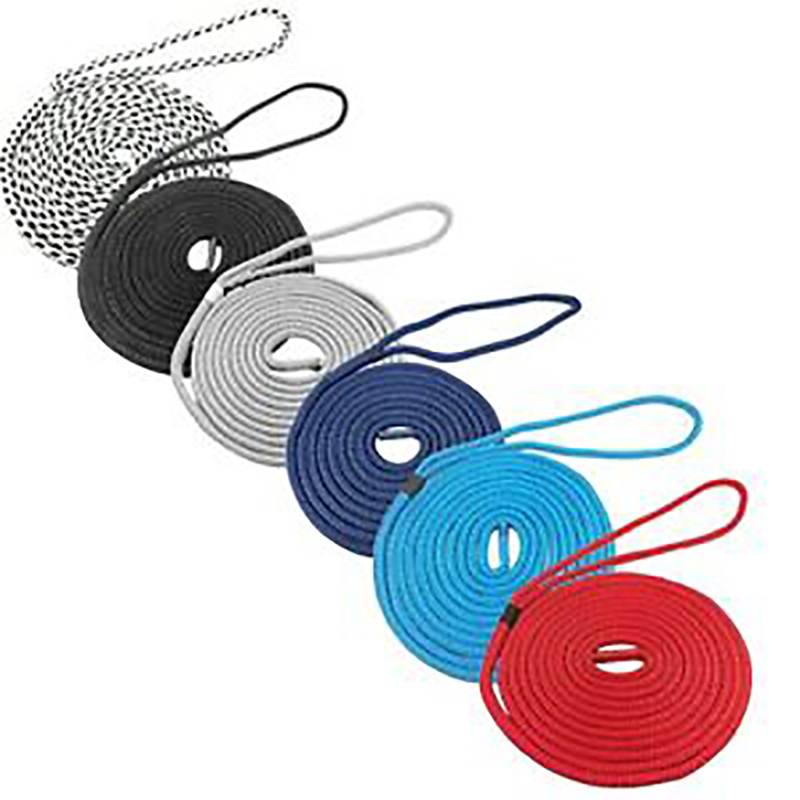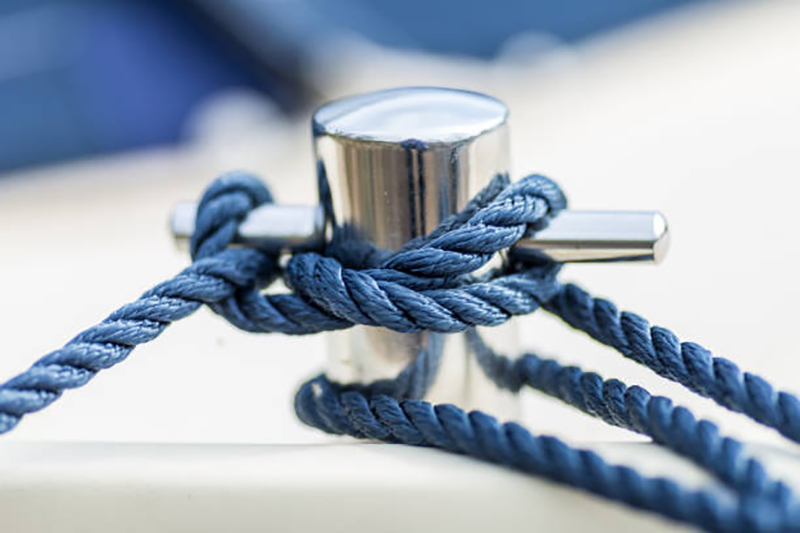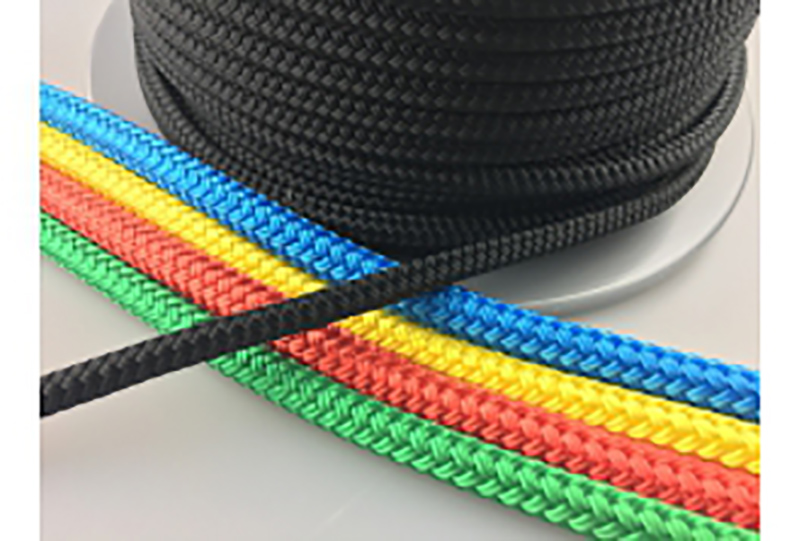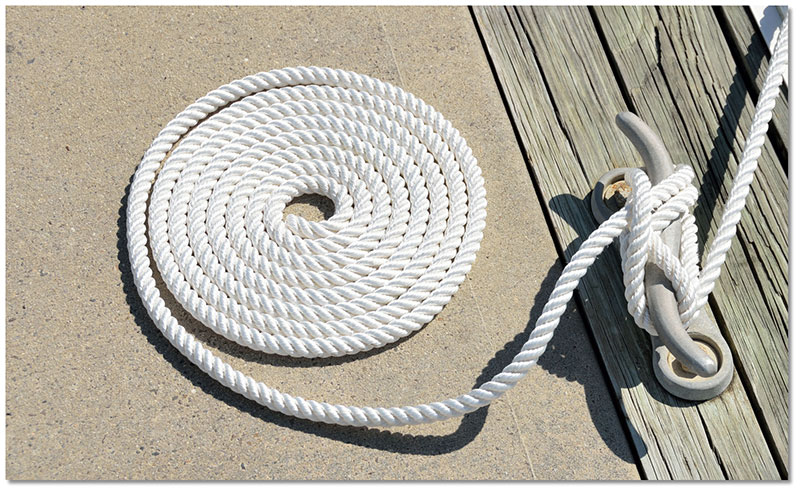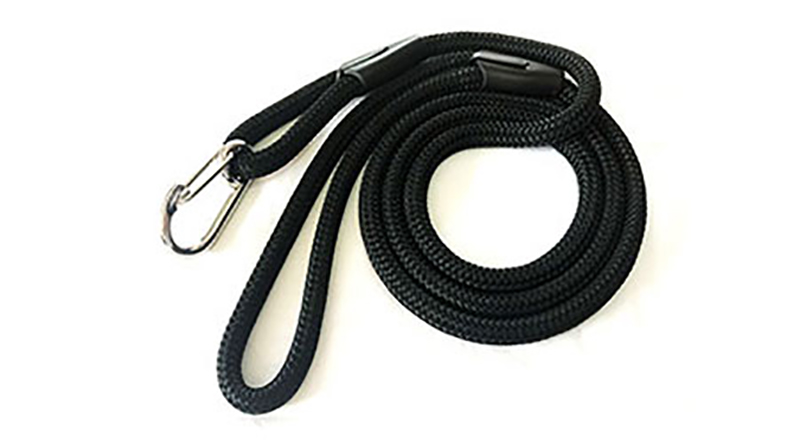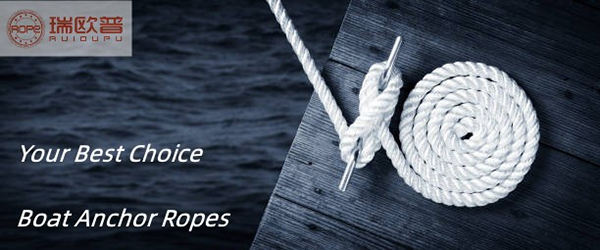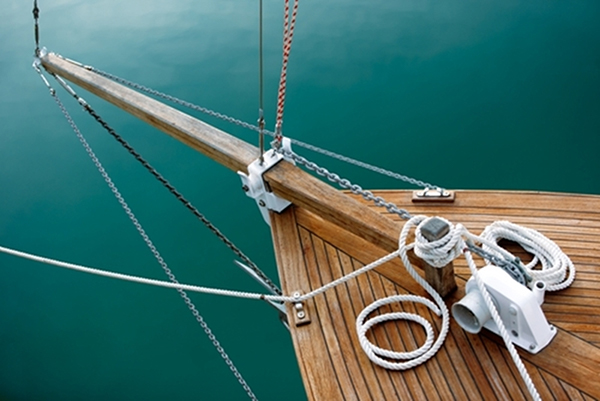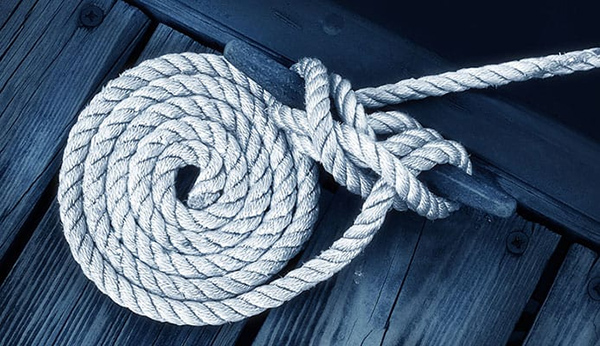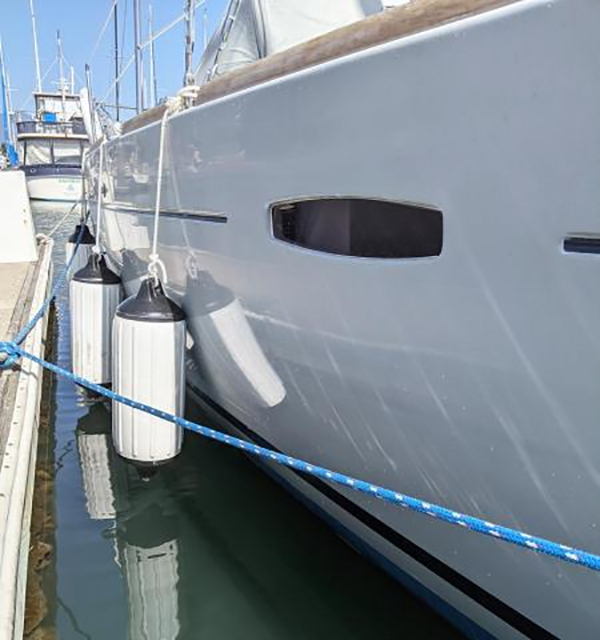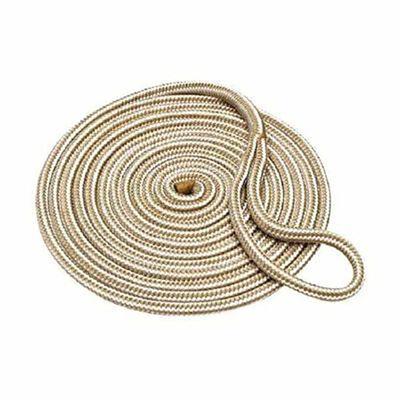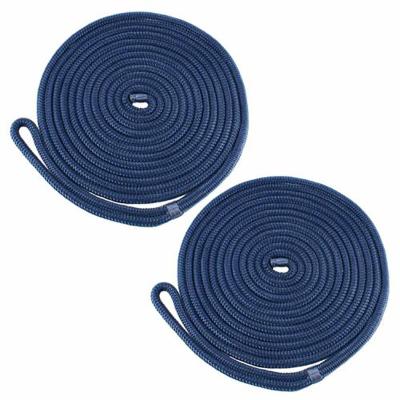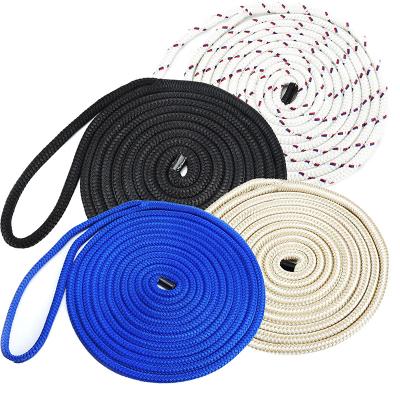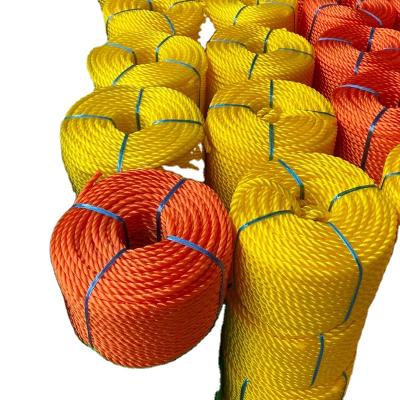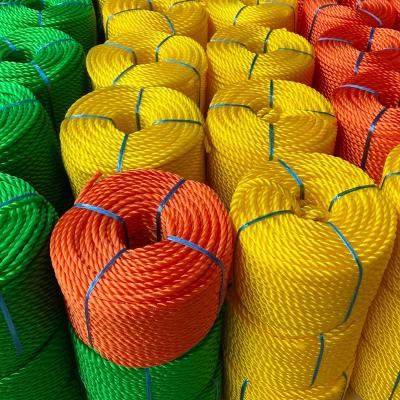Ankerseil
Heat sealed & whipped bitter end
Marine-grade nylon
Durable and lengthy wearing
Slightly more desirable with much less stretch than 3-strand nylon
Superb coping with and the greatest assortment of colorings on the market
Available through the spool or in packaged, manufacturing facility spliced dock and anchor lines
Applications: Dock lines, anchor strains and mooring strains
Verleihen Sie Ihrem Boot einen scharfen, gepflegten Auftritt mit Spitzenklasse Doppelgeflecht Spuren die alle anderen übertreffen.Die Aggregat aus übermäßigem Qualitäts-Marine-Nylon, außergewöhnlich Drehmoment ausgeglichen Gebäude und ein besonderes Stabilisierung Weise erzeugt eine lange tragbare, handliche handliche Leine, die nicht knickt. Dies ist die stärkste und am einfachsten zu handhabende Schnur, die Sie kaufen können , die biegsam bei seinem Anbieter|||bleibt |Leben. Doppelgeflochtene Stämme dehnen kaum dehnen sich kaum viel weniger aber sind geeigneter als 3-litzige Schnüre. Professionell gespleißt mit einem 12" Auge an einem Ende.
Besonderheit
Hohe Flexibilität und einfache Handhabung.
Lässt sich leicht spleißen
Verschleißfest, lange Lebensdauer
Wie wähle ich Größe, Typ, Länge und mehr eines Ankerseils aus ?
Welche Art von Seil soll ich verwenden? Nylon, Polyester oder ...?
For most boaters, the excellent kind of rope to use when anchoring is nylon. Nylon has many blessings for anchoring including:· It's elastic consequently presenting correct shock absorption
· Light and flexible
· Good strength
· The most frequent anchor rope determined in marine stores
· It sinks
Nylon anchor rope is light, flexible, strong, and presents elasticity, which mitigates top masses on your anchor and boat. Unfortunately, the very reality that nylon stretches ability that it creates warmth and will sooner or later damage down and want to be replaced. However, you desire a robust rope that will soak up the shock from waves and sink, no longer float. Nylon matches the invoice of all of these things.
Was ist der Unterschied zwischen geflochtenem und gedrehtem Seil?
In our experience, for most leisure boaters, the distinction between the use of twisted anchor rope or braided anchor rope comes down to choice and taste. Both make super preferences for an anchor rope however there are some refined variations between these two patterns of rope.Geflochtenes Seil-
Vorteil
· Weniger steif und flexibler
· Häufig stärker als gedrehtes Seil
· Einfacher für die Hände
Nachteil
· Schwierig zu spleißen
· Weniger Dehnung als gedrehtes Seil
Gedrehtes Seil-
Vorteil
· Ziemlich einfach zu spleißen
· In der Regel günstiger
· Hat mehr Stretch als geflochten
Nachteil
· Neigt zum Knicken oder Verhaken
· Steifer und weniger flexibel
Wie viel Ankerseil brauche ich und welche Größe?
One of the questions we get requested most frequently is, "How plenty anchor rope and/or chain do I need?" When choosing how a whole lot rope and chain you want there are a couple of policies of thumb to use.1. You have to have eight toes of rope for each 1 foot of water you will be anchoring in
2. Your rope need to have 1/8" of rope diameter for each 9' of boat.
So this capacity a 28' boat would choose at least a 3/8" or 1/2" diameter rope. Rope is one of these things, like anchors, the place better typically is better.
As for a rope choice, Nylon is the clear favored due to the reality it is elastic and tremendously strong.

Anwendung

